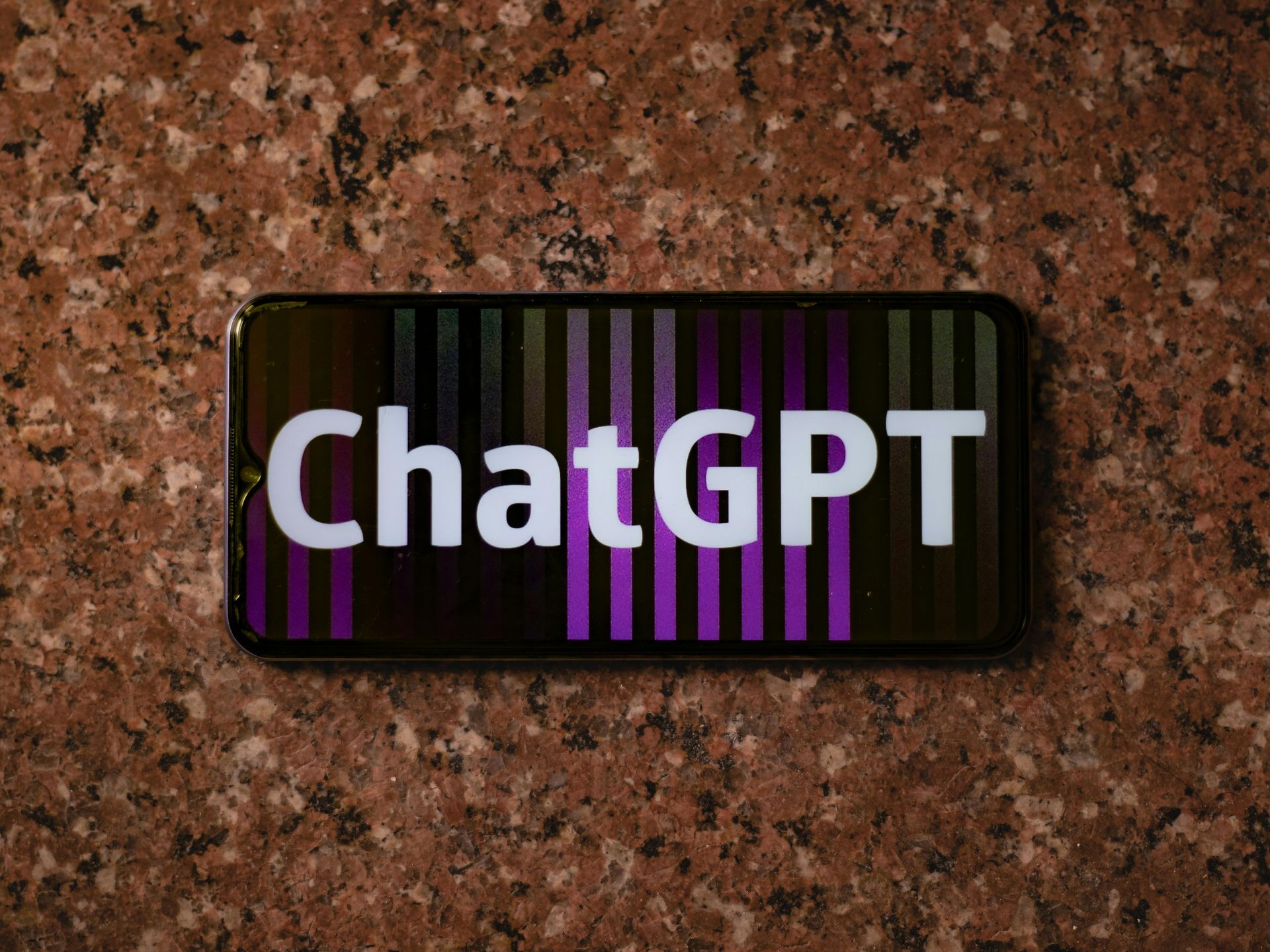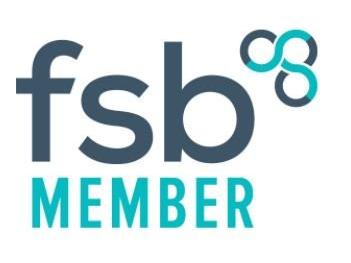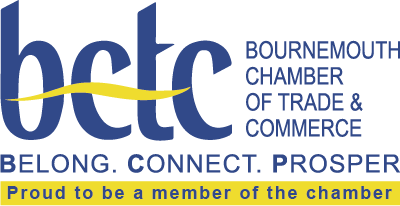The Top 5 Marketing Challenges for Small Businesses and How To Overcome Them
This is a subtitle for your new post

Get more customers more easily
Running a small business comes with plenty of challenges, not least of all marketing, which can feel like a never-ending challenge. With limited budgets, fierce competition, and the ever-changing digital landscape, it's easy to see why so many businesses struggle to make an impact. But here's the good news: most marketing challenges can be overcome with the right strategies and mindset.
In this blog, I'll walk you through five of the most common marketing challenges SMEs face and how you can tackle them head-on. By the end, you'll have practical insights to help your business grow and thrive.
1. Targeting Your Ideal Customer
Who is your ideal customer? Nine times out of ten, when I ask that question, I either get a blank look or something like, "We can sell to everyone." While this may be factually correct, it isn't particularly helpful for your marketing. Every company has its own 'sweet spot' in the market. That may be a particular geographic area, a specific income bracket, or the age, income, or gender of the customer. Most of the time, it is a combination of the above.
If your marketing efforts aren't connecting with people who are the best fit for your product or service, it's likely because you haven't clearly defined who they are.
Understanding your ideal customer is crucial if you want to be as profitable as possible. Think about your best clients. What are their demographics, interests, and pain points? You can gather this information through surveys, customer or staff interviews, or even by analysing your CRM data. Once you have a clear picture, create detailed customer personas to guide your marketing decisions.
Build your content to speak directly to your audience's needs. For example, if you're targeting busy professionals, focus on delivering quick solutions or actionable insights they can absorb during a short coffee break. Use segmentation to ensure your messages reach the right people. Sending personalised emails or running highly targeted ads can make a world of difference.
When you know who you're talking to, your marketing becomes far more effective. It's not just about casting a wide net; it's about fishing in the right pond.
This doesn't mean you should turn down business from people who fall outside your ideal customer, although sometimes you should. It is about focussing your efforts on the people who are the best fit for your products or services.
2. Maximising Impact with a Limited Budget
One of the biggest hurdles for SMEs is making a small marketing budget go a long way. Unlike large corporations, we don't have millions to spend on flashy campaigns. But that doesn't mean we can't achieve great results.
The key is focusing on strategies that deliver high impact without high costs. Social media platforms like Facebook, Instagram, and LinkedIn allow you to target the right audience without blowing the budget. Content marketing is another effective tool. Blogging, email newsletters, and simple how-to videos position your business as an expert in your field while keeping costs low. Using affordable tools like Canva for graphic design or Mailchimp for email marketing can help you maintain a professional image without a hefty price tag.
Or you can use a marketing automation and CRM tool like Go High Level that allows you to manage all of your marketing efforts in one place. Click here to find out more about GoHigh Level
It's not about trying to do everything at once. Start small, measure your results, and invest more in what works. A focused approach will always yield better results than spreading yourself too thin.
3. Knowing the Best Marketing Channels to Use
With so many marketing channels available, it's easy to feel overwhelmed. Social media, email, paid ads, SEO—where do you start? Many SMEs waste time and money experimenting with channels that aren't the right fit for their business.
Start by considering your audience. Where do they spend their time? If you're targeting young professionals, Instagram or TikTok might be effective. If you're reaching other businesses, LinkedIn could be more relevant. Your choice of channels should align with your customer personas and where they're most likely to engage with your brand.
SEO is often seen as an expensive dark art by many small businesses, But it does not have to be expensive, and there are many things you can do yourself to optimise your website and improve its rankings.
Having a well-optimised website ensures potential customers can find you when searching for your products or services. Paid ads on platforms like Google or Facebook allow you to target specific audiences, ensuring your budget is spent efficiently.
Read our latest SEO blogs
Choosing the right channels isn't just about reaching the most people—it's about reaching the right people. A little research and planning go a long way in making your marketing efforts pay off.
Running ads on platforms like
Facebook
or
Google allows you to showcase your business to the people most likely to be interested. Even with a small budget, these tools can generate significant visibility when used wisely.
4. Building Brand Awareness
Getting people to know, like, and trust your brand is crucial, but standing out in a crowded market can feel overwhelming. Many SMEs struggle to find the time and resources to consistently promote their brand.
One effective way to build awareness is through partnerships. Collaborating with local businesses or organisations can put you in front of a wider audience. For example, co-hosting or sponsoring an event or regularly attending networking events can raise your profile considerably.
Don't underestimate the power of community engagement. Participating in local events, sponsoring causes, or being active in community groups—online or offline—can help people associate your brand with trust and reliability.
Below are some ways you can raise your profile in the local community:
- Join the local Chambers of Commerce
- Attend networking events
- Exhibit at trade show
- Join the local Rotary Club
- Sponsor local sports teams or events
- Make charitable donations
- Engage in the community groups on social media
Building brand awareness is a long-term strategy and won't deliver instant results. However, if you are consistent, it will pay dividends in the long run.
5. Measuring What Matters: Metrics and KPIs
Many companies struggle, or don't even try, to measure the success of their marketing. Without clear metrics for each activity, it's hard to know what's working and what isn't, leading to wasted time and money.
Start by identifying the key metrics that align with your business goals. For example, track website traffic and conversion rates if you're focused on generating leads. If you're running paid ads, monitor cost per lead to ensure you're getting value for money. Tools like Google Analytics can help, but so can a low-tech spreadsheet.
Regularly reviewing your data is essential. It's not enough to collect metrics—you need to analyse them and adjust your strategies accordingly. For instance, if one type of campaign consistently performs better, allocate more budget there. If something isn't working, don't be afraid to stop it.
Measuring success isn't just about proving your efforts are working. It's about learning and improving to make the most of your limited time and budget.
Conclusion
Marketing is challenging, but it doesn't have to be overwhelming. Adopting this process
- Targeting your audience,
- Working within a budget,
- Choosing the right channels,
- Building your brand, and
- Measuring results
You can create a strategy that drives real growth.
A marketing audit is an excellent first step. It helps you understand where you're at, what's working, and where there's room for improvement. If you're ready to take the guesswork out of your marketing, why not take advantage of our free marketing audit?
Where do you Start?
Join our waiting list today and claim your free marketing audit. We will help you to uncover actionable insights to help your business grow. Don't miss this opportunity—Click here to learn more or apply to join the waiting list by clicking the form below.
Let's tackle your marketing challenges together and set your business up for success!
Apply for a Free Marketing Review
About Overt Digital Media
Overt Digital Media are a digital marketing agency based in Christchurch on the outskirts of Bournemouth in Dorset. We specialise in helping small businesses with up to 50 employees generate more leads and sales from their online presence. Our services include website design, search engine optimisations, Google Ads and PPC and social media marketing.














